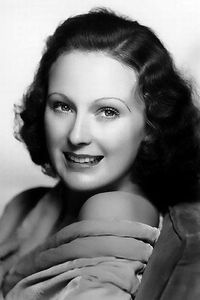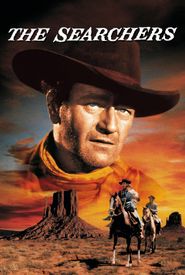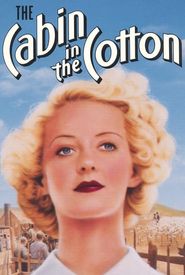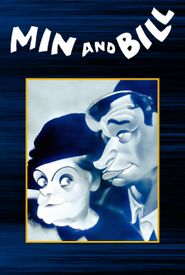Dorothy Jordan, a brunette with a striking presence, graduated from Southwestern University and the American Academy of Dramatic Arts, where she received extensive training as a ballerina. Her early career in musical theater took off as a chorus girl in top-tier productions such as "Funny Face" (1927) alongside Fred Astaire and "Treasure Girl" (1928) with Gertrude Lawrence and Clifton Webb.
This initial success led to a short-lived movie career, commencing with the thriller "Black Magic" (1929). Dorothy was subsequently cast as sultry damsels in "Devil-May-Care" (1929) and "Call of the Flesh" (1930),opposite Latin star Ramon Novarro. Her portrayal of Bianca, the obedient yet cunning younger sister of Kate (Mary Pickford),in "The Taming of the Shrew" (1929) showcased her versatility.
However, contemporary critics frequently expressed disappointment with Dorothy's acting, criticizing her for speaking lines too quickly in "Hell Bound" (1931) or delivering them as a "memory citation" in "The Beloved Bachelor" (1931). She fared better in downtrodden waif-like roles, such as Marie Dressler's daughter in "Min and Bill" (1930),an unwed mother in "Bondage" (1933),and a simple-minded Southern girl Betty Wright in "The Cabin in the Cotton" (1932).
After marrying renowned producer Merian C. Cooper in 1933 and struggling to find decent roles, Dorothy retired from acting to focus on raising a family. She briefly returned to the screen in 1937, attempting to secure the role of Melanie in "Gone with the Wind" (1939),but ultimately failed to secure the part.
Dorothy made a second comeback upon her husband's persuasion, appearing in supporting roles in three of director John Ford's films before leaving the screen for good. In her later years, she became increasingly reticent about discussing her career as a movie actress.




































